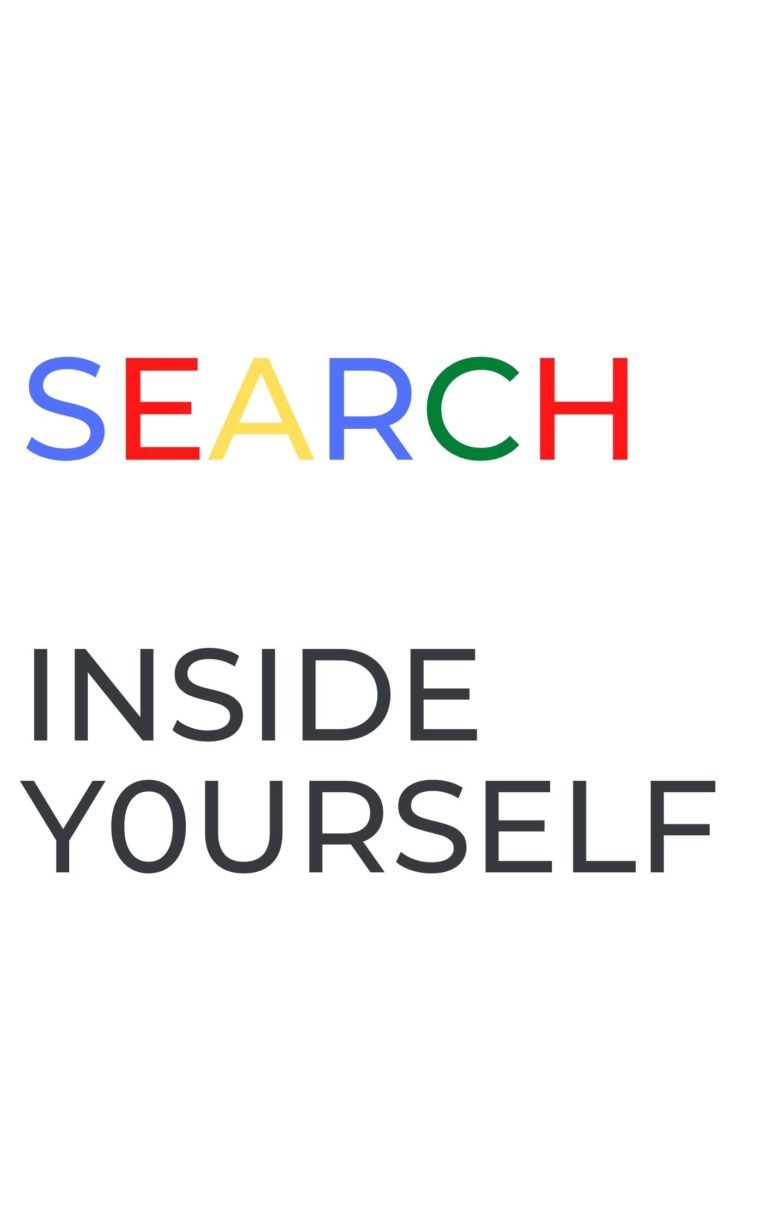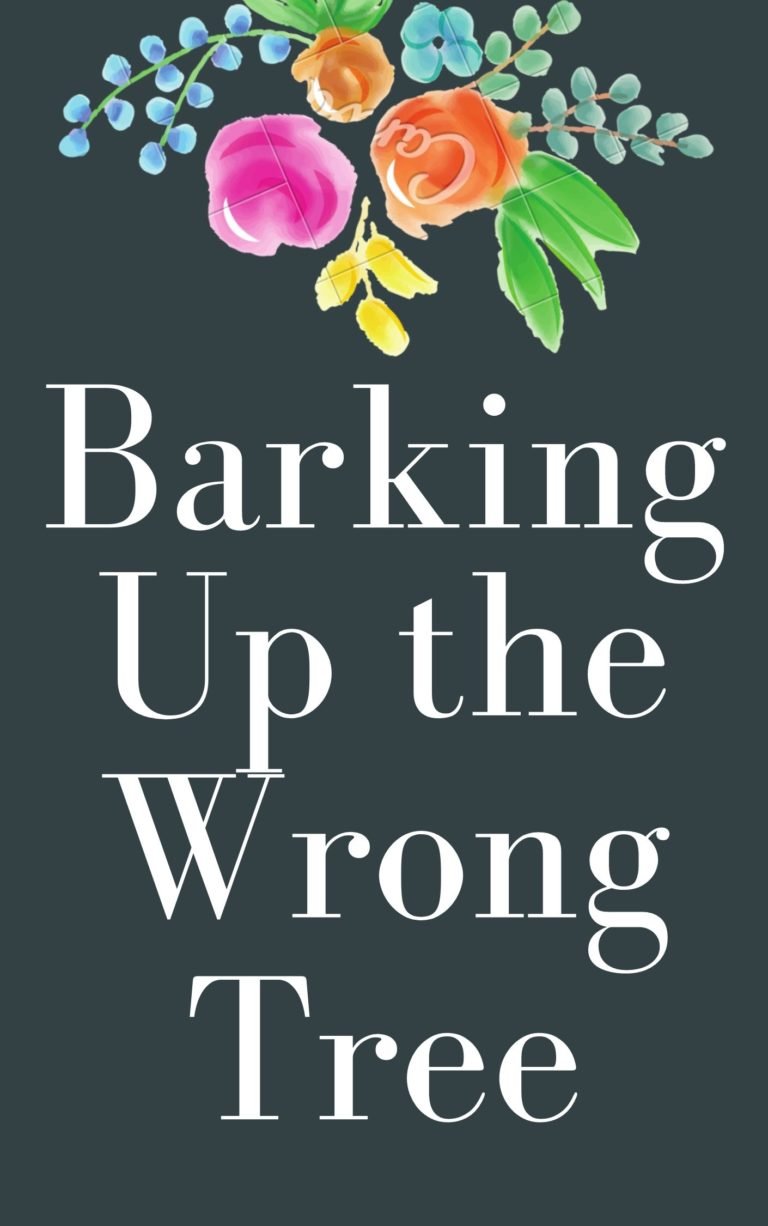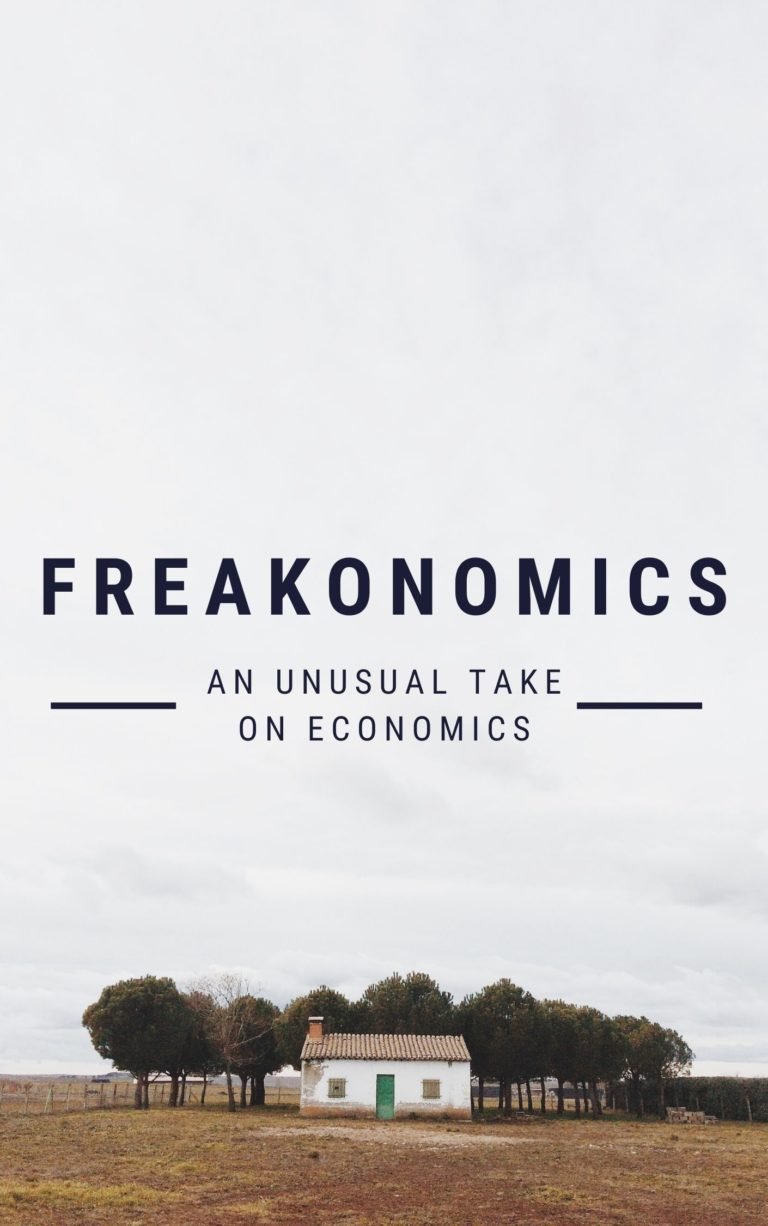Do Over
Rescue Monday, Reinvent Your Work, and Never Get Stuck
Jon Acuff
Rating: 8.0
“Honest, funny, helpful, fresh: there’s a long list of words to describe the wisdom you’ll find in Do Over. I dare you to read the first few pages of this book. If you’re like me, you won’t be able to stop. I have ordered a copy for every member of my team.”
—Michael Hyatt, Author of Platform
Contents
Why You Might Need a “Career Do Over”
No matter how bad your boss is or how you feel about your job, you can make a career change at any rank or age. And your company can always create a career change, whether you are ready or not. Don’t be blindsided by a sudden job shift because you didn’t prepare.
“Though we often prefer to blame others or the economy or a boss who doesn’t ‘get us,’ the reality is that a better job begins with building a better you.”
Sooner or later, you will experience one – or more – of the four kinds of career turning points: “a Career Jump, a Career Bump, Career Ceiling or Career Opportunity.” Handle them by building your “Career Savings Account” (CSA) in advance. It requires four kinds of investment: “relationships, skills, character and hustle.”
“Attitude is a decision. And it’s a decision we have to make every day, sometimes every hour if that particular day is especially whack.”
If you’ve hit a career ceiling, break through it by using your skills. A career jump means taking matters into your own hands. Usually, this entails changing companies, getting a promotion, starting your own business or continuing your professional development. When career jumps are in the offing, draw from the character portion of your CSA.
“There’s also a difference between a foe and an idiot. An idiot is consistently a jerk to everyone. A foe is someone focused on your untimely demise.”
A career opportunity is a door that swings open when something unexpected happens, such as your boss’s job becomes available or friend calls with the perfect lead. That’s when you want to hustle. A career bump happens when you’re fired or laid off or have to compete in a tough job market. Your relationships will help you weather these challenges.
“Generosity breeds loyalty. You will go to bat for people who have shown you generosity. Your employees will work harder. Your clients will return more often.”
Only two things can undermine your do over: “fear and complacency.” Fear of failure is more common; complacency is more insidious. Fear is obvious; complacency sneaks up on you. You get comfortable, inertia sets in and you don’t want to move. That kind of comfort can be destructive.
The Influence of Relationships
Opening your career savings account starts with examining your relationships. The cliché about your career hinging on whom you know often proves true. Building relationships goes beyond networking. Write a list of your contacts. This will show you that you know more people than you think you do. Put each name on an index card or note card, and then categorize your contacts based on these questions. Write one name per card, and place that person in the appropriate category:
- Whom do you know who gives good career advice? – Think of friends who can offer wise counsel.
- With whom have you worked in the last five to ten years? – Include only people who worked with you directly.
- Who has a lot of influence? – Take a broad view. If your dream job is to build homes, do you know any plumbers or electricians? Do you have any corporate contacts at Home Depot or Lowes? This helps you expand your circle of influence.
- Whom do you know who owns a business? – Entrepreneurs know other entrepreneurs.
- Which online gurus do you follow who work within your desired industry? – A connection is a connection no matter how distant; use social media to your advantage.
- Which casual acquaintances are you forgetting? – List anybody who doesn’t appear in the other categories.
Friend, Foe or Advocate?
At work, people form three types of basic relationships: friend, foe and advocate. Most of your co-workers and acquaintances will be friends. Some will be close friends. Foes work against you, belittle your dreams or discourage you from pursuing them. Advocates are rare, but they will help you and can have the biggest impact on your career. Grab your index cards and write the appropriate identifier next to each name.
“Some bridges need to be closed. They’re toxic and harmful. You didn’t light them on fire; you simply walked away from them and ended the relationship.”
Deal with your foes. Ideally, ignore them. Not everyone negative is a foe. Mean people are simply mean. Idiots, difficult co-workers and social climbers aren’t foes. They’re just focused on their own ascent and can’t be bothered with undermining you. Pay no notice to online critics. If you have a bad boss, adjust your attitude and work ethic, deal with it – or simply quit the job.
“Don’t be an idiot online. Digital bridges burn forever.”
You never know who is going to help you. It might be someone you least expect. Work relationships are like boomerangs – contacts that fade away can come back to you. If you never throw any boomerangs, you will never get any back. Don’t discount the value of casual relationships. Be a “first responder” and get back to people quickly. Don’t disregard phone calls and emails. Don’t respond to friends only when it’s convenient for you.
“An advocate is someone who is significantly helping you shape the course of your career…a co-pilot in the do over.”
Advocates are brave, respected, trustworthy people who have essential skills. Life experience may have taught them “cheat codes” that they’ll gladly share with you. Be open and vulnerable with your advocates. If you don’t share your life with them, they can’t support you. Unlike friendships – which are mutual – advocacy goes one-way. Find advocates by frequenting the places they go. Ask, “What is one piece of advice you’d give” to someone like me, or “What did you wish you knew about work when you were my age?”
“No one expects a sudden job change; that’s why they are sudden. And if you’ve been employed for longer than a year, you’ve seen one happen – either to you or to someone you know.”
Don’t burn bridges. Resist the urge to blast your bad boss or awful co-workers; word does get around. When you leave a job, give a thumbs-up to convey a sincere thank-you rather than stomping off with a bad attitude. Beware any online tantrums. Your current supervisor or co-workers will see what you post and so will potential future employers.
The Power of Skills
Relationships may help you get your foot in the door, but your skills will keep you employed. Nobody can take away your skills. If you’re not sure about your abilities, break out more index cards. Write one skill per card. List what you’re good at, what is intuitive for you, what people pay you for, what you’re afraid of and what you’d write a book about if you could. Look for patterns. Don’t feel pressured by a skills deficit; you can always add to what you know how to do.
“Fear beats the ‘You don’t have enough time’ drum because it never wants you to invest in your career.”
People often discount their “invisible skills” such as going to work on time, adding value, owning their attitude, and more. Absenteeism and tardiness are major reasons people get fired. Are you adding value? Work isn’t always going to be fun or easy, but a bad attitude won’t make your job any better. Every day that you go to work, you have a choice about how you behave.
“Every job has lobsters, that group of people who are determined to hate the entire experience of working somewhere.”
Gaining new skills out of either curiosity or need will lead to new opportunities and new jobs. Stay on top of changes within your industry. You may want to do something different or find something that interests you more. Skills you seek due to curiosity can help you ramp up to necessary skills later. Some people say they want to learn new skills, but they never follow through, so they stay stuck. Pursue the possibilities of adding abilities that intrigue you.
“If we want our jobs to change, we have to change first.”
Learning a new skill is hard. But doing anything for the first time is hard. The first time you tried to drive a stick shift, it was hard. The first time you used that new project management software, it was hard. Don’t make every time the first time. Learn from your mistakes. After you learn something new, make it routine so you don’t waste precious time thinking about it.
The Strength of Character
Relationships will get you in the front door and skills will keep you there, but character is the glue. It’s an integral part of your Career Savings Account. Character takes longer to build than the other investments in your CSA. It’s an orchard you must grow. Your character traits are trees you need to plant, water and groom; yank out the weeds, which are anything that threaten your orchard. Common workplace weeds include “narcissism, dishonesty, pessimism and apathy.”
“You control more than you think. Good job, bad job, dream job, no job, this is true. It’s on us.”
Identify one character trait – such as generosity – that relates to your career and decide to strength it. Plant that seed. Being generous is cheaper than being greedy. For example, take Bill, who worked for a multimillionaire who owned his own plane and a bunch of companies. Bill asked his boss if he could buy some of his extra tickets for a big college football game. His boss said they were worth $200, but he could sell them online for $400. “Why don’t you make me an offer?” he asked Bill, a five-year company veteran. Bill ultimately quit because his boss was so avaricious. For an extra $200, Bill’s boss lost a devoted employee – which cost him more in the long run.
“People who don’t care about their jobs don’t have to worry about having jobs for very long. This is one of the easiest weeds to see in someone else.”
Having character means putting yourself in other peoples’ shoes. Author Jon Acuff was attending a convention when he met Joe, who works as a chimney sweep. This is a seasonal business that people tend to forget about in the summer. Joe’s direct mail campaigns to customers often fell flat.
Joe thought about what else his customers cared about – other than their chimneys – when it started to get cold. He noticed that many were passionate about their dogs. Joe made it a point to pet the dogs and ask their owners if he could take a photo of their pups. The dog pictures became postcards with his contact information on them – something pet owners would never throw out. Empathy doesn’t have to be all about grand gestures. In a society where everyone wants to take, give of yourself.
Show up to work. Be present. Whether you’re in a meeting or talking to your spouse at home, give others your undivided attention. Put your smartphone away. Do a time audit. Put a check mark on a piece of paper for how many times you view a nonwork-related online site during work hours. At the end of the week, count your check marks.
Time spent surfing adds up and affects your work. A career jump often gives you a truly accurate picture of your CSA. Make sure you’ve deposited some empathy.
The Multiplier Effect of Hustle
Hustle multiplies your investments in your CSA. Hustle takes grit and requires overcoming fear, which can manifest in different forms: self-doubt, inertia, bad timing, and more. Wondering if you “have what it takes” is a manifestation of fear. Asking yourself if you have what it takes is code for not taking chances. If you’re like most people, you can’t really define “it.” Grit means persevering even when you fear you lack certain abilities.
Feeling as if you’re missing out on a once-in-a-lifetime opportunity is another manifestation of fear. Believing in the mythical, lottery-winning opportunity is much easier than getting up every day and working hard. Even winning the lottery requires you to play the game.
Fight fear by making “grit decisions.” Give your decisions the focus and attention they require. Ask your advocates for advice. Forgive and be honest with yourself if you make the wrong decision. Everybody makes mistakes despite having sound intentions. Make a “grit list” of everything you hate to do that is part of your career. Every job has tasks you don’t want to do. Be honest with yourself.
Hustle has seasons. There may be a period in your life when your degree of hustle is like being in medical school. Maybe you’re working 70 hours a week trying to get your new business up and running with no end in sight, but even med school has a graduation date. You can’t sustain a crushing workload forever. Alternatively, you may be taking time off work to raise a child. Recognize the season you’re in and pace your hustle accordingly.
Be flexible about how you define success, because that will change over time. Robin O’Bryant wanted to be a published author, but like many authors, she didn’t want to self-publish. For two years, she and her literary agent tried to get a publisher to market her book – to no avail. In November 2011, O’Bryant decided to self-publish Ketchup Is a Vegetable: And Other Lies Moms Tell Themselves. She spent two years on the road with books piled in the back of her truck – dragging them to conventions, bookstores and any place she could find an audience.
O’Bryant demonstrates that to change your career and your life, sometimes you must take a leap of faith. In October 2013, St. Martin’s Press signed O’Bryant to a two-book deal after Ketchup Is a Vegetable hit The New York Times, Wall Street Journal and USA Today bestseller lists.







One Comment